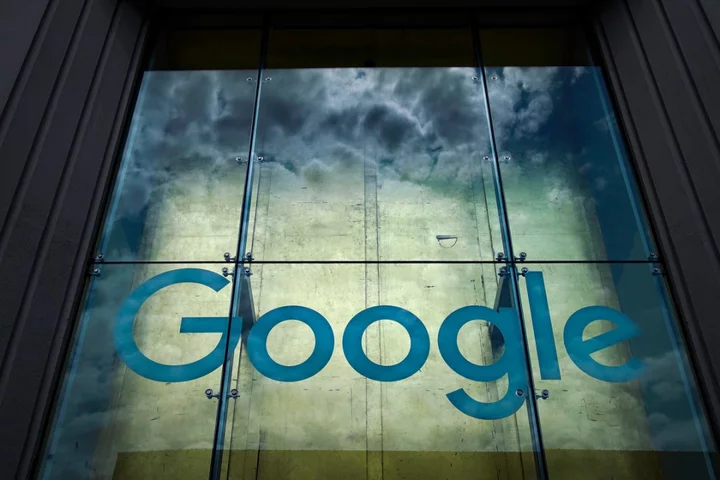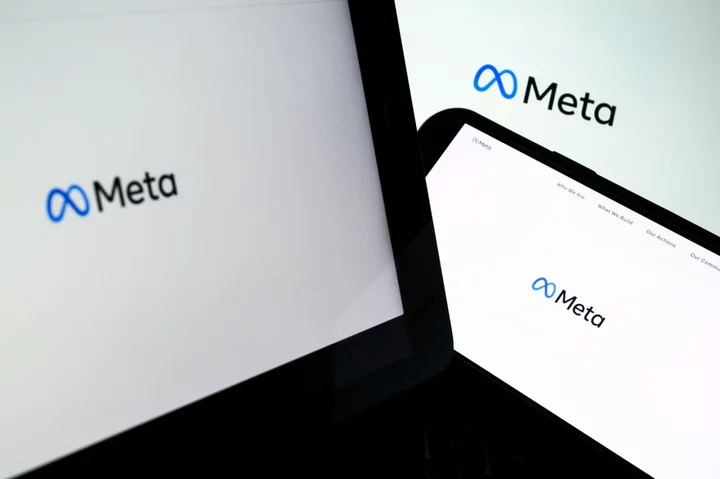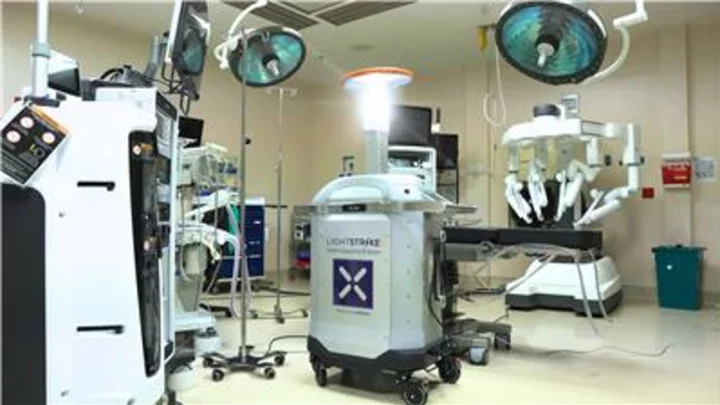Google is preparing for the “quantum apocalypse”.
Experts have warned for years that the development of quantum computers could undermine the encryption that currently secures everything from our private messages to our banking details.
Quantum computers are a still largely theoretical technology that proponents claim could dramatically beat the performance of the classical computers we have today. That could be a major positive for applications such as drug research and quantum computing – but could be disastrous for security technology.
Much of that security technology depends on mathematical problems that are sufficiently hard for our computers to work out as to keep that data secure. But future quantum computers could overcome those problems in seconds, and break into any data.
That is what is referred to by researchers as the “quantum apocalypse”. And an entire subset of computing – post-quantum cryptography – has grown to find ways to secure data even if that future does come about.
Now Google has put some of that work into practice, in Chrome. The new technology includes new cryptography that should be resistant to attempts to break it with future quantum computers.
It does so by integrating a technology known as X25519Kyber768, a long name for what is actually a hybrid of two cryptographic algorithms. Tying the two together means that data is protected both by an existing secure algorithm and one that is protected against quantum computers.
The updates are part of broader work across Google to “prepare the web for the migration to quantum-resistant cryptography”.
Devon O’Brien, Google’s technical program manager for Chrome security, who wrote the blog post announcing the changes, noted that quantum computers could be decades away. But remains important to secure data now in part so that it cannot be filed away, ready to break into when the technology arrives.
“It’s believed that quantum computers that can break modern classical cryptography won’t arrive for 5, 10, possibly even 50 years from now, so why is it important to start protecting traffic today? The answer is that certain uses of cryptography are vulnerable to a type of attack called Harvest Now, Decrypt Later, in which data is collected and stored today and later decrypted once cryptanalysis improves.”
Read MoreVote to empower autonomous ‘robotaxis’ from Cruise and Waymo divides San Francisco
‘Billions’ of computers potentially affect by huge security vulnerability
AI breakthrough could dramatically reduce planes’ global warming impact









